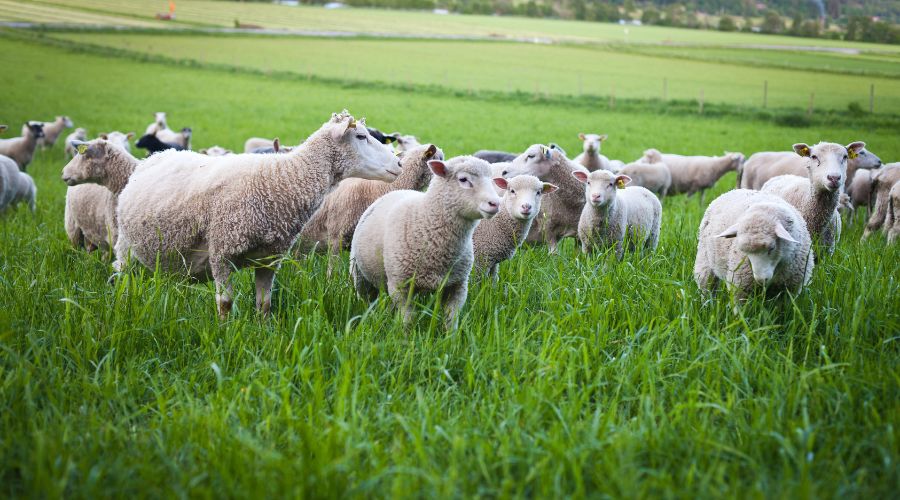Three more cases of bluetongue discovered in Norfolk and Suffolk
29th August 2024
Defra has just confirmed that another three cases of bluetongue have been discovered on farms in Norfolk and Suffolk.

Bluetongue serotype 3 (BTV-3) has been confirmed in three more animals on farms near Norwich in Norfolk and Lowestoft in East Suffolk.
Therefore, a 20km temporary control zone (TCZ) was imposed over a wider area, and all three animals will be humanely culled to minimise the risk of onward transmission.
Movement restrictions apply to cattle, sheep, and other ruminants, as well as their germinal products.
A 20km temporary control zone was put in place around the farm near Haddiscoe.
Further information on these restrictions can be found here.
Calls for increased vigilance
There have been a rising number of the bluetongue cases in Northern Europe, and the chief veterinary officer recently called for increased vigilance and responsible sourcing of livestock.
Farmers should continue to monitor their animals frequently for clinical signs and report suspicion of disease immediately. They should also make sure their animals and land are registered with APHA so keepers can be kept informed and animals can be easily located.
Farmers are also reminded that free testing remains available for animals moving from the highest-risk counties to live elsewhere in Great Britain or to be sold at a market within a high-risk county where there will be buyers from outside the high-risk counties, Defra said.
Bluetongue virus is primarily transmitted by midge bites and affects cattle, goats, sheep, goats, deer and camelids such as llamas and alpacas.
The impacts on susceptible animals can vary greatly, some show no clinical signs or effects at all while for others it can cause productivity issues such as reduced milk yield, while in the most severe cases can be fatal for infected animals.
It does not affect people, and meat and milk from infected animals are safe to eat and drink.
BTV is a notifiable disease. Suspicion of BTV in animals in England must be reported to the Animal and Plant Health Agency on 03000 200 301.
Read more livestock news.
